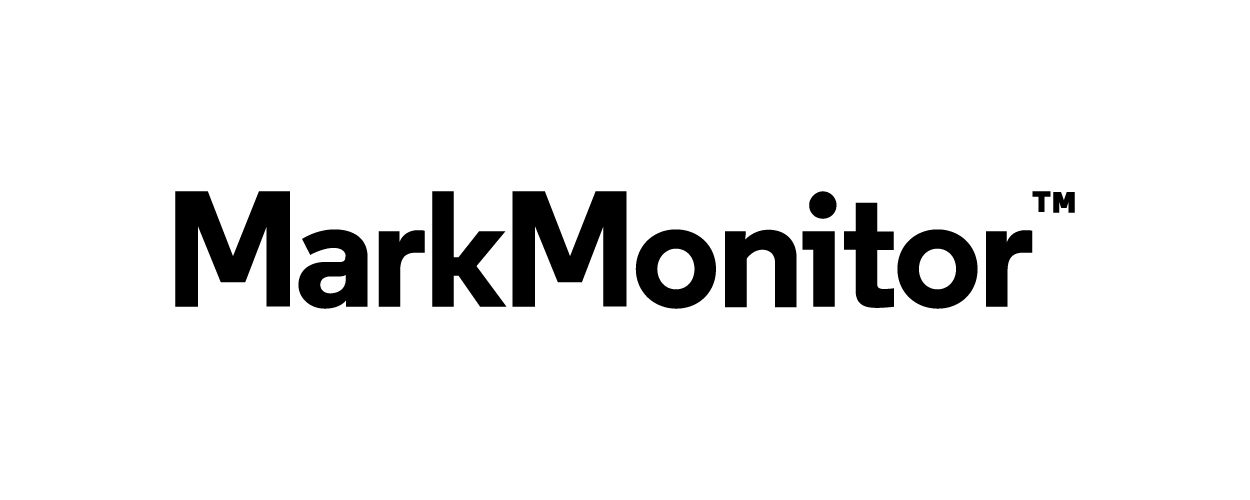This website uses cookies so that we can provide you with the best user experience possible. Cookie information is stored in your browser and performs functions such as recognising you when you return to our website and helping our team to understand which sections of the website you find most interesting and useful.
Business News Digital Labels & Publishers Legal Media
Anti-piracy firm concerned reporting on labels v ISP legal battle could help pirates
By Chris Cooke | Published on Monday 21 March 2022

Anti-piracy company MarkMonitor has asked that various documents it is submitting as part of the music industry’s ongoing legal battle with former US internet service provider Bright House be kept confidential, partly because it fears reporting of those documents could help online pirates avoid detection.
Bright House is one of various American ISPs sued by the record companies over allegations it failed to meet its obligations under the copyright safe harbour in US law. As a result, the argument goes, it cannot rely on the safe harbour to avoid liability for the copyright infringement that occurred on its networks, meaning the music firms can sue it for damages.
All those cases in part rely on the labels proving that each ISP’s customers were indeed downloading and distributing copyright protected music without licence. That’s where companies like MarkMonitor come in. They track the sharing of content over different networks and then show up in court with various documents and files that, as far as the labels are concerned, prove lots of infringement occurred, which – with the safe harbour removed – the ISP can then be held liable for.
MarkMonitor has gathered a bunch of evidence on behalf of its label clients for the Bight House case. And last week it asked the court that some of that evidence be kept confidential. Partly because it doesn’t want its competitors knowing how its anti-piracy systems work, but partly because it doesn’t want reporting of the dispute to help pirates circumvent its monitoring activities.
In terms of the latter concern, MarkMonitor’s legal filing specifically references possible coverage on Torrentfreak, the website that covers online copyright, piracy and file-sharing news and developments.
The legal filing says that if the court keeps its evidence sealed it will help “avoid unrestricted publication of the confidential information by Torrentfreak (and others) that serve to provide news and information to the public who may be involved in cyber-piracy, hacking, and illegal or infringing file-sharing of copyrighted material”.
Later it adds that it has gathered together the documents required in the case with the expectation that they would be kept confidential so that “MarkMonitor’s information would not be made available or accessible to competitors, or any interested sector of the pro-piracy publications or general public”.
Companies like MarkMonitor asking for some of the evidence they submit to court to be sealed and therefore not available to the public is not unusual. However, for its part Torrentfreak is perplexed that it was singled out for a specific mention in the legal filing and also somewhat pissed off at the implication it is a “pro-piracy publication”.
Reporting on the filing, Torrentfreak states: “Needless to say, we are perplexed after reading this filing. While it is totally understandable that MarkMonitor and the record labels don’t want to share proprietary or confidential information in public, singling out Torrentfreak is completely unnecessary”.
“Even worse”, it goes on, “using the ‘pro-piracy’ term is wholly inaccurate. Judging from the responses we get, our readership is rather diverse. In fact, copyright holders often approach us with news and regularly cite our independent reporting, even MarkMonitor did so in the past. While it’s certainly true that we report on these types of lawsuits in detail, we cover the good and the bad for all sides”.





